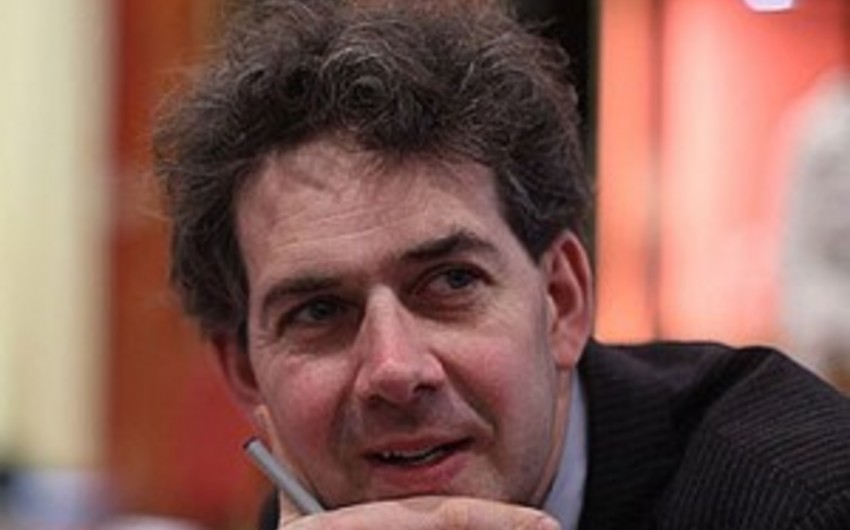"The international actors have increasingly focused on managing the conflict rather than resolving the conflict"
Baku. 17 June. REPORT.AZ/ The violence opened up a new security vacuum around Nagorny Karabakh, the international community should make greater efforts to resolve the conflict.
Report informs, an article of a political scientist, expert on the Caucasus Thomas de Waal published on Carnegieeurope, says.
"The April combat and ongoing tensions have raised the stakes for international actors who want a peaceful resolution of the conflict. Doing nothing or seeking to manage the decades-old ceasefire is no longer an option. Even those who would prefer to ignore this protracted dispute must face the prospect that the main choice now is between a more serious negotiation process and the risk of a dangerous conflict that could spill over into the wider region", he says.
The experst noted that Twenty years ago, the Nagorno-Karabakh conflict was a much greater international priority than it is today. Great hopes were placed on the OSCE as the emerging European security organization that would handle it.
According to the author, OSCE structures have lost power and prestige in the last twenty years in settlement of the conflict. He said, the international actors have increasingly focused on managing the conflict rather than resolving it.
“The rotating one-year chairmanship structure of the OSCE means that the chairman in office lacks institutional memory on the issue”, Thomas de Waal stated.
De Waal said that in this vacuum, both sides have purchased modern destructive weaponry, with Russia acting as the main supplier of arms.
According to the author, following the breakdown of the ceasefire around Nagorno-Karabakh in April 2016, the formidable challenge ahead for international actors is to upgrade the faltering peace process to prevent a slide into full-scale war.
"It is important that other international players with a genuine interest in resolving the conflict are allowed to contribute more to the process. The EU, for example, has extremely valuable postconflict experience from the Western Balkans.”
On the security side, the OSCE chairman in office, that held by Germany in 2016, also has a mandate to do more. It can use its political weight to invigorate the OSCE monitoring mission and the HLPG and enable them to carry out their mandates.
"The Nagorno-Karabakh conflict is still lower on the agenda than other international issues, such as Syria and Ukraine, and remains a matter in which many are still reluctant to engage more fully. However, a stronger investment in conflict resolution in this dangerous region of the Caucasus now is surely a better option than the much more costly alternative of dealing with a new conflict, with all its strategic and economic repercussions and terrible toll in human lives.


 https://static.report.az/photo/c5dcefcd-7076-45f3-bc67-80041404b2d6.jpg
https://static.report.az/photo/c5dcefcd-7076-45f3-bc67-80041404b2d6.jpg

